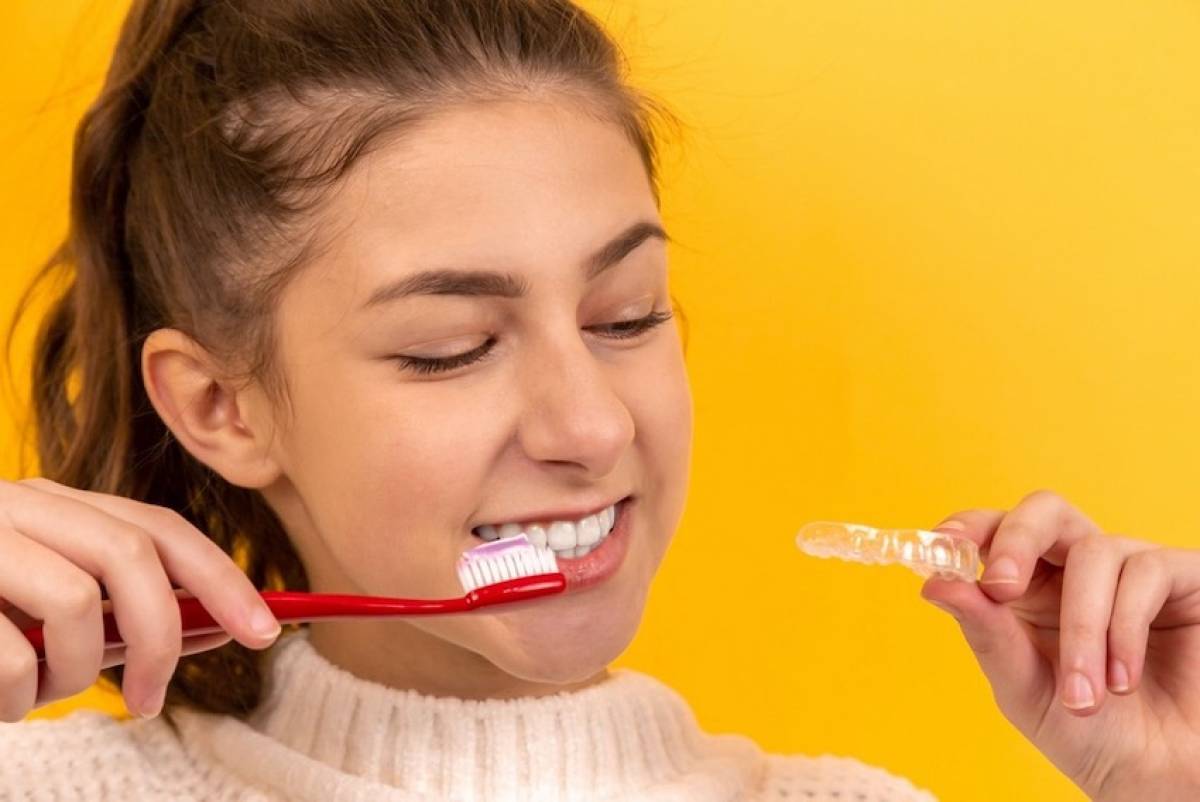How Your Lifestyle Affects Your Oral Health

While there are some socio-economic issues that may prevent access to dentists and health services, it’s safe to assume that most people understand the importance of good oral hygiene.
But adults who already lead healthy lifestyles are more likely to be proactive with their oral care. What you may not realize is that everything from attitude to diet and social interactions can play a role in maintaining oral health.
Here are some of the biggest lifestyle contributors to a person’s oral hygiene.
1. Smoking and Vaping
Smoking and vaping can have a serious impact on your oral health. According to the American Cancer Society, people who smoke are at a greater risk of developing mouth cancer, gum problems, tooth decay, and tooth loss.
Some people mistakenly believe that only chain-smoking or frequent use of tobacco can pose a serious threat to their teeth and gums. The reality is that even occasional smoking can significantly raise the risk of oral cancer, and many of the early warning signs are hard to notice.
It’s best to talk to your dentist if you smoke or vape. This will allow them to check for signs of mouth cancer and other issues that might otherwise grow into bigger problems.
2. Diet and Nutrition
According to the American Dental Association (ADA), there’s a clear relationship between diet and oral health. The things we eat affect the tissues in and around the mouth. Sugar has been shown to cause tooth decay and cavities. Cavities can result in pain, infection, and eventually lead to tooth loss.
Our bodies need specific nutrients that help us maintain proper oral health. Many factors are thought to impact oral health such as micro-nutrient intake, vitamins, minerals, dairy, and foods high in fiber.
High-fiber foods actually help clean teeth with chewing. There have been many studies that concluded poor nutrition and diets low in fruits and vegetables have an increased risk of cancer of the oral cavity and oropharynx.
Some of the benefits are cosmetic. Strawberries contain malic acid, which is a natural teeth enamel whitener. Of course, this shouldn’t completely replace professional polishing. Your dentist can tell you everything you need to know about polishing your teeth.
Without a proper diet and nutrition, your body cannot receive the nutrients it needs to keep your gums healthy. As people become older it may be important to supplement their diet with additional calcium. It’s important to eat foods that help provide the things your body needs to be healthy and avoid foods that adversely affect your overall health.
3. Alcohol
Alcohol can cause erosion of the enamel on teeth due to its high acidic content. Worn enamel can lead to pain and sensitivity.
Hard alcohols such as vodka and whiskey can cause dry mouth. Moisture from saliva is needed to keep teeth moist. Some drinks are simply high in sugars which can lead to tooth decay.
Red wine can be the cause of teeth staining. If you frequently consume red wine your teeth can turn brown, blue, or gray. This happens because red wine contains acids, tannins, and natural dyes that can stain the teeth.
Speak to a dentist about the causes of teeth staining and how to remove them.
4. Stress
It might be surprising to find that stress can affect oral health. With stress comes a weaker immune system. Sometimes, stress can lead to poor self-care, indulgence in alcohol, and a lack of proper nutrition. This lack of oral attention allows plaque to build up, leading to tooth loss.
Stress can also cause reduced saliva production, leading to dry mouth and teeth grinding. When combined with alcohol and tobacco use, stress could put you at a higher risk of tooth decay and gum disease.
Life, family, work, and leisure can be associated with oral health and hygiene. Work and environment are often associated with mental health. While stress can be non-specific and is not fully understood, it is speculated that there is a connection with oral health.
High mental demands and long hours combine to cause psychological stress. This psychological stress will then lead to overall health problems and worse oral health.
In Conclusion
Participation in unhealthy behavior and chronic disease could lead to fewer visits to the dentist and neglect of proper oral care. Without proper dental care, the detection of early tooth decay and gum disease could be missed.
People who smoke, vape, and drink could find themselves paying more for expensive dental procedures and suffer from a number of health problems. Those who drink red wine must take particular care to avoid teeth staining. Coffee, tea, and other acidic beverages can also cause teeth staining and with added sugars they put you at risk of oral health problems.
However, maintaining good oral hygiene can keep you healthy and help protect your teeth. So, visit a dentist at least once a year and speak to them about any concerns you may have.




















